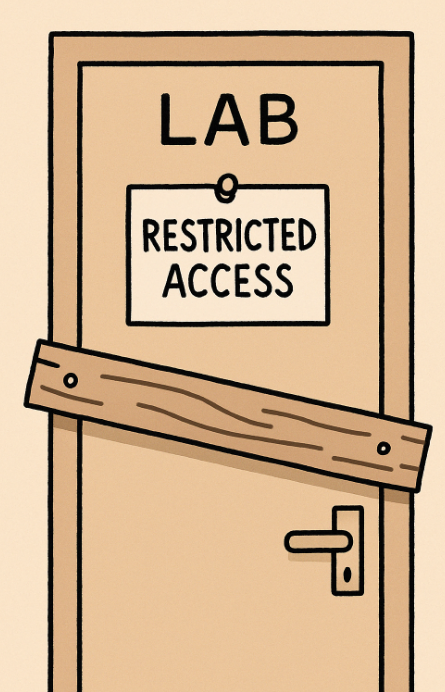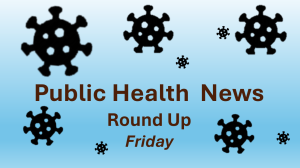
New NIH Civil Rights Notice: What It Means for Public Health and Science Professionals
On April 21, 2025, the National Institutes of Health (NIH) released a new policy—Notice Number NOT-OD-25-090—that could significantly impact public health, research, and academic institutions that receive NIH funding.
This update creates a new Civil Rights term and condition that all new, renewal, supplement, or continuation grants issued on or after this date must follow. In short, NIH is placing new limits on how institutions can engage in diversity, equity, inclusion, and accessibility (DEIA) work if they want to receive federal funds.
What’s the Policy About?
Let’s break it down in plain language:
If your organization receives NIH funding, you must now certify that you:
- Do not currently promote any programs that include “DEI,” “DEIA,” or what the policy calls a “discriminatory equity ideology,” if those efforts are seen as violating federal civil rights law.
- Will not promote such programs in the future while the grant is active.
- Do not and will not participate in boycotts against Israeli companies (or those doing business with Israel) that are considered discriminatory.
If NIH finds your organization in violation, they can cancel your funding and even try to recover the money already awarded.
This new policy replaces the previous section (4.1.2) in the NIH Grants Policy Statement (GPS) regarding civil rights protections.
Why This Matters (Especially for Equity-Focused Work)
This change may sound bureaucratic—but it’s a huge shift with real-world implications:
✅ If You Work on Equity, Health Disparities, or Inclusion…
Your work may now be at risk of being flagged or defunded if it’s seen as advancing DEI/DEIA in a way that NIH interprets as “discriminatory.”
That’s a problem for public health researchers, community organizations, universities, and anyone who works to close health gaps for marginalized groups.
✅ If Your Research Relies on NIH Grants…
You will now have to formally certify that your programs don’t violate this rule—even if your research is focused on racial health disparities, LGBTQ+ populations, disability inclusion, or other historically underserved groups.
So, What Counts as a Violation?
That’s not fully clear yet. The policy employs vague language, such as “discriminatory equity ideology,” a term derived from Executive Order 14190, signed by Trump. in January 2025. That Executive Order broadly targets federal DEI efforts and has already created confusion across multiple agencies.
This uncertainty could have a chilling effect, making institutions scale back programs that focus on race, gender, disability, or other identities—even if they’re evidence-based and aligned with public health goals.
What Could This Mean for the Future?
- More cautious grant writing. Institutions may rewrite proposals to remove or water down DEIA language. We blogged about this at the blog linked above.
- Less funding for racial equity work. Programs focused on improving Black maternal health, indigenous health equity, or disability access might be deprioritized.
- Legal challenges. Civil rights and public interest organizations may challenge this policy as unconstitutional or harmful to historically excluded communities.
What You Should Do Now
- Review all current and upcoming NIH-funded projects for DEI-related language and activities.
- Talk with your grants office or legal counsel to ensure you’re complying while protecting your mission.
- Stay alert for future guidance—both from NIH and from professional organizations that support public health and science equity.
Final Thought: Science Without Equity Isn’t Real Science
This notice comes at a time when health disparities continue to harm millions. Public health must be inclusive, just, and evidence-driven—not politically restricted. The road ahead may be more difficult, but the work of ensuring health for all has never been more important.
You’re Missing the Headlines That Matter
🚨 Critical science is unfolding—are you in the loop?
Each week, This Week in Public Health delivers need-to-know insights that shape policy, practice, and community health. If you’re not reading it, you’re already behind.👉 Subscribe for free now to stay ahead.
📢 Share this blog—someone you know needs to see it too.



